Best Retail Software 2025: Boost Sales & Store Efficiency
Explore the best retail software of 2025 to enhance sales, improve efficiency, and simplify store management for success.
Mike | 07 Oct 2025
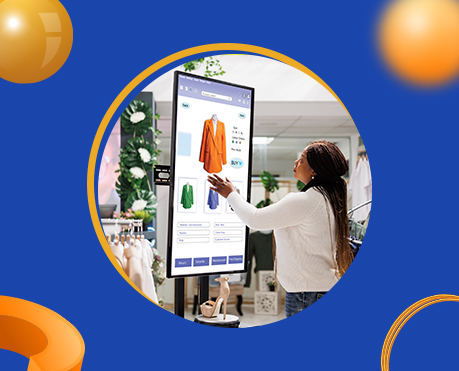
Running a retail business in 2025 is not only about selling products; it’s about smart, data-driven operations. Modern retailers use advanced software to manage sales, inventory, and customer relationships efficiently. Whether you run a small boutique or a large franchise, the right retail software automatically tracks inventory in real time and enhances customer experience in online and offline channels. This guide highlights the top retail software solutions of 2025 to help you streamline operations, promote sales, and stay competitive in the evolving retail landscape.
“Why Retail Software Solutions Are Essential for Business Success in 2025”
Retail is growing rapidly with digital changes. Today’s online and offline stores depend on retail software to handle sales, inventory, billing, and customer management efficiently. It saves time, reduces errors, and helps retailers make smart decisions.
What Is Retail Software?
Retail software is a digital system that manages store operations such as billing, stock control, sales tracking, customer management, and reporting all from one platform.
Why It’s Important
Retail software strengthens operations, increases productivity, and increases customer satisfaction. With tools such as POS, Inventory, CRM, and e-commerce integration, it enables uninterrupted omnichannel management and data-driven decisions.
Key Benefits
- Automation and Efficiency: simplifies Billing, invoices, and stock updates automatically
- Smart Inventory Control: Tracks products in real time to avoid stock issues.
- Promotes sales: The best-seller and customer trends for better marketing highlights.
- Customer experience extended: fast checkouts and individual offers.
- Data Insights: Detailed Report for making smart decisions.
- Data Safety: Cloud Protects Business and Customer Information with Backup.
Top Software Solutions for Retail Businesses in 2025
1. Lightspeed Retail
LightSpeed Retail is a cloud-based POS and retail management software designed for modern retailers. It centralises sales, inventory, customer, and employee management-perfect or perfect for multi-place businesses.
Key features:
- Real-time inventory and seller tracking
- Omnichannel (online + offline) sales integration
- Customer loyalty and CRM tools
- Advanced Analysis and Report
- Multi-store syncing with role-based access
- E-commerce and Accounting Integration
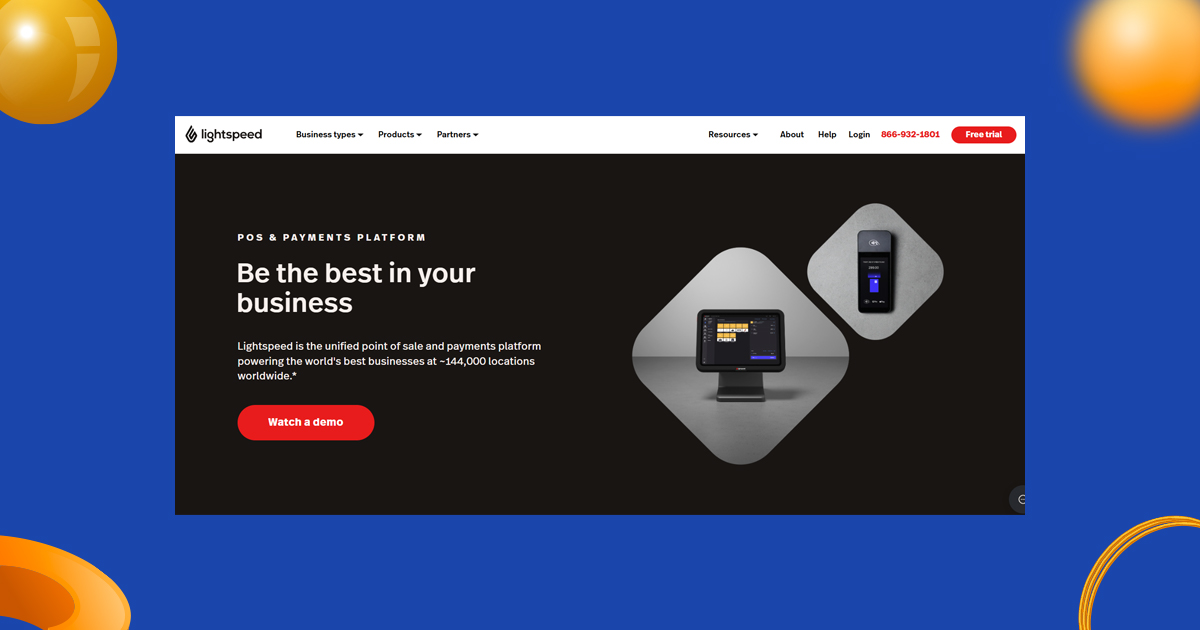
Benefits:
LightSpeed strengthens real-time syncing, accurate inventory control, and operation with rapid checkouts. This increases productivity, customer satisfaction, and sales insights – ideal for the middle of large retail chains and omnichannel stores.
Best For:
Multi-store retailers, fashion boutiques, and hybrid online-offline businesses.
2. Shopify POS
Shopify POS is a powerful expansion of the e-commerce platform that unifies online and in-store sales. It syncs inventory, customer data, and transactions in real time, ensuring an intuitive omnichannel experience.
Key Highlights:
- Real-time inventory and sales synchronisation
- Mobile POS for flexible sales anywhere
- Easy integration with online stores and payment of Shopify
- Tools for loyalty, discount, and analytics

Benefits.
Shopify POS simplifies retail management by adding online and offline operations, stopping stockouts, and supporting rapid checkouts with contactless payments.
Best For:
Extension of small and medium retailers and e-commerce brands in physical stores.
3. Square for Retail
Square for Retail is an easy-to-use POS and retail management system designed for small to medium-sized retailers. It connects sales, inventory, customer, and employee management in one platform, helping store owners both in-store and online run operations easily.
Key Features:
- Inventory management: In real time, automatically tracks stock and updates.
- Integrated Payment: Basically accepts all major payment types.
- Sale analytics: Offers real-time insights into performance and top products.
- CustomerTools: Integrity manages loyalty programs and customer profiles.
- Employee Management: Track Hours and Performance.
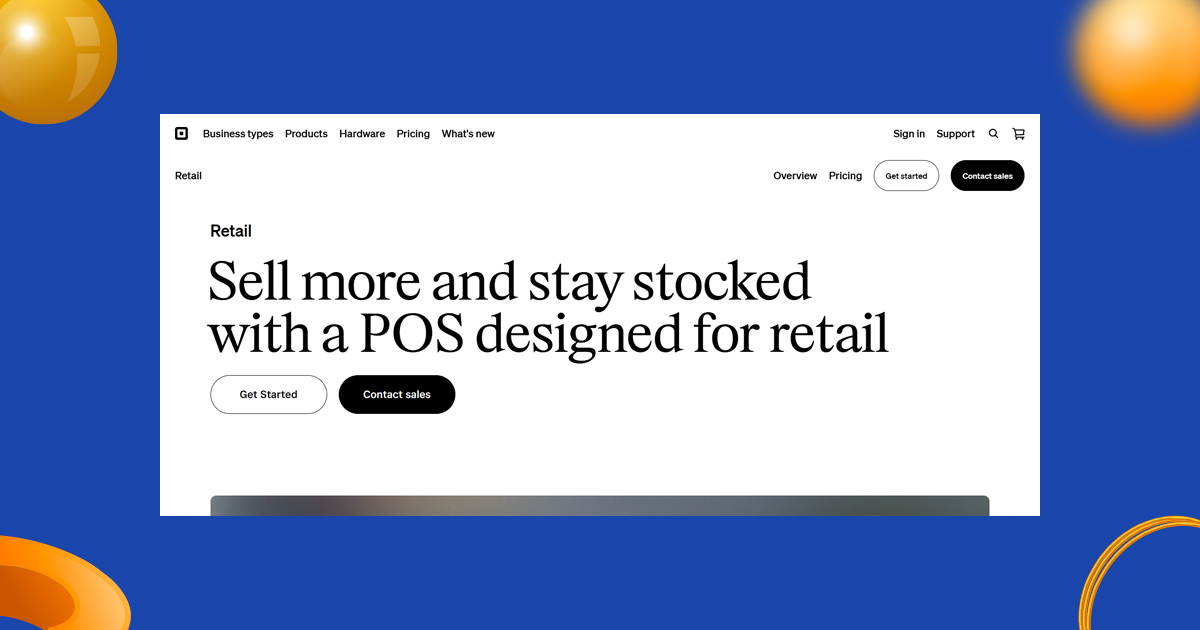
Benefits:
Square for retail provides transparent pricing, easy setups, and scalability. It helps retail vendors to sell anywhere, monitor performance, and grow efficiently.
Best For:
Small and medium retailers, boutiques, and pop-up shops seek an inexpensive all-in-one POS solution.
4. Vend by Lightspeed
Vend by LightSpeed is a cloud-based retail POS and management software for small retailers. It streamlines sales, inventory, and customer management, which works both online and offline for uninterrupted operations.
Key Features:
- Cloud-based POS with offline support
- Centralised inventory in shops
- Customer loyalty and CRM tools
- Staff Management and Reporting
- Integration with Xero, QuickBooks, and Shopify
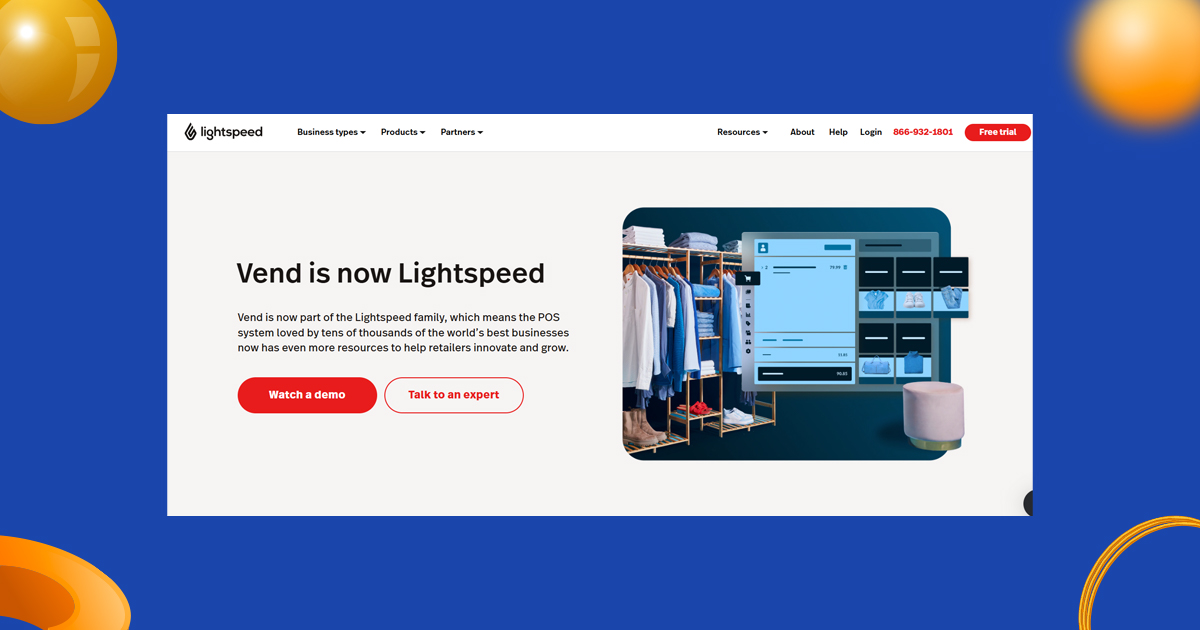
Benefits:
Vend ensures smooth sales even without internet, provides real-time analytics, and integrates with accounting platforms-helps vendors to improve efficiency and make smarter business decisions.
Best For:
Small to medium-sized retailers require a reliable, easy-to-use POS system that works anywhere.
5. Zoho Inventory
Zoho Inventory is a cloud-based inventory and order management software for small and medium-sized retailers. It streamlines stock control, sales, and shipping by integrating smoothly with Zoho Books and Zoho CRM.
Key Features:
- Real-time inventory tracking and auto-reordering
- Multi-warehouse and order supply management
- Barcode scanning and automation
- Integration with Shopify, Amazon, and eBay
- Advanced Analysis and Reporting
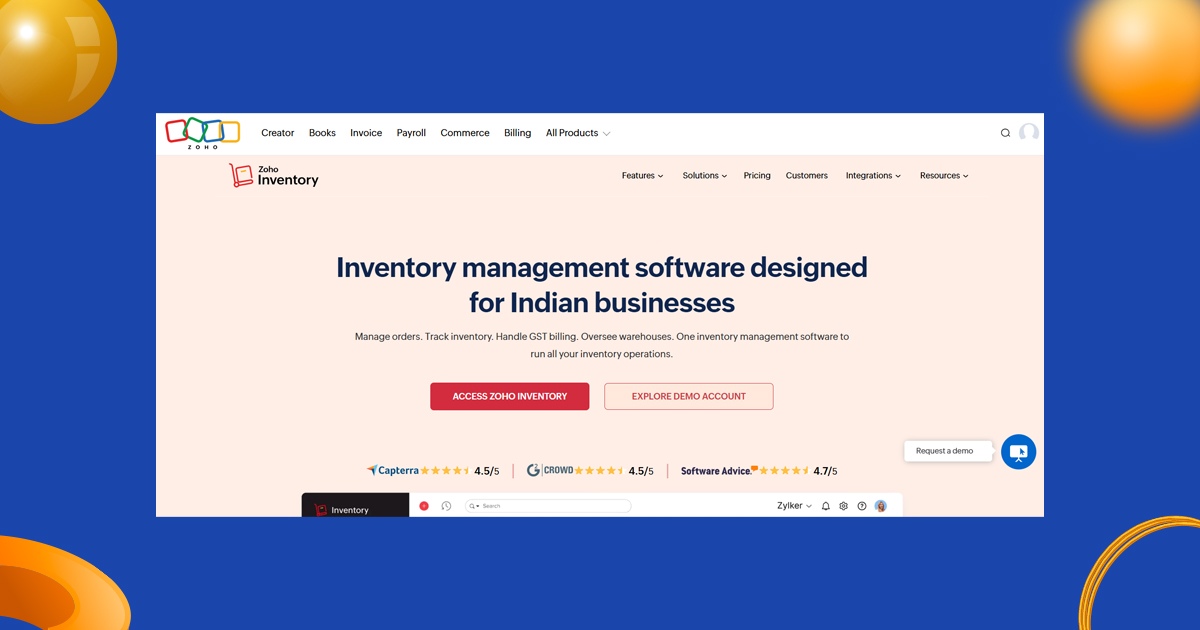
Best For:
Automatic, multi-channel inventory and retailers looking for order management within an integrated business ecosystem.
6. QuickBooks Point of Sale
QuickBooks Point of Sale (POS) is a retail management solution that directly integrates with QuickBooks accounting. It combines sales, inventory, and financial data for smooth, automated business operations.
Key Features:
- Automatic syncing with QuickBooks Accounting
- Real-time inventory tracking
- Customer and Employee Management
- Sales and Tax Reporting
- Multi-store and payment processing support

Benefits:
QuickBooks POS, by automating financial entries, reducing errors, and giving time to focus on real-time gains and cash flow insights, is ideal for retailers using QuickBooks.
7. Oracle NetSuite Retail
Best for: large enterprises and multi-location retail chains
Oracle NetSuite Retail is a cloud-based ERP and retail management platform that unifies finance, sales, inventory, supply chain, and customer data in one system.
Key Highlights:
- Omnichannel integration: an online and offline sales experience for a spontaneous experience.
- Real-Time Analytics: Provides deep insight for smart decisions.
- Global Inventory Control: Manage stocks in many stores and warehouses.
- Finance and CRM tools: Provide accounting and customer management.
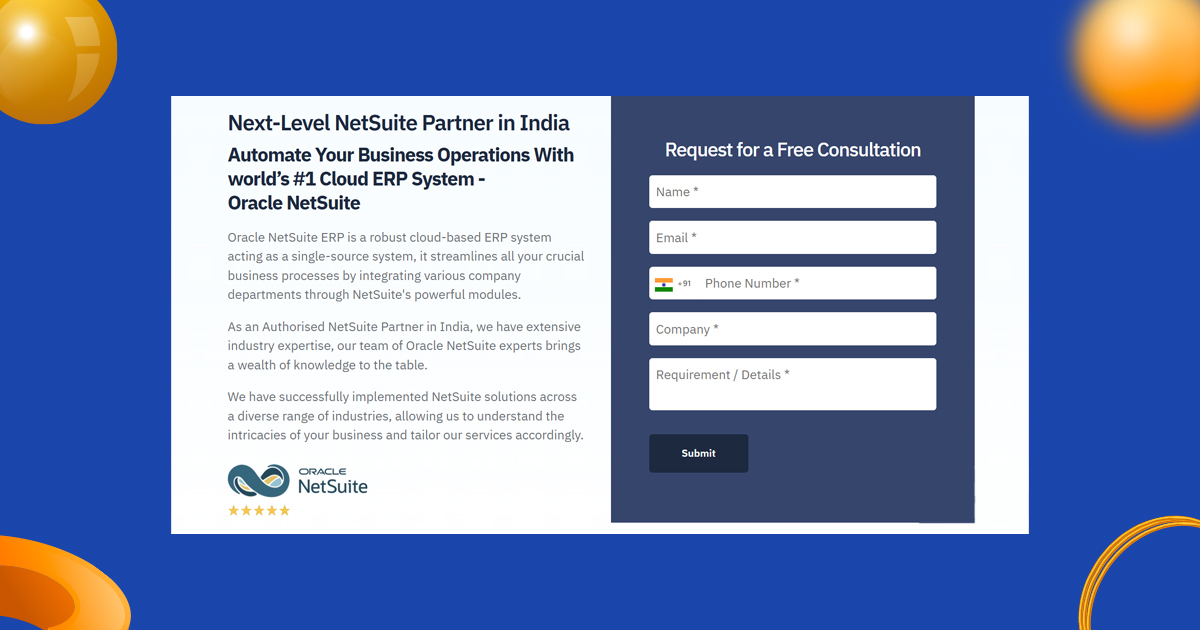
Benefit:
Ideal for large retailers seeking automation, scalability, and cross-channel visibility to simplify complex operations and increase efficiency.
8. Clover POS
Benefits:
Clover is a smart, all-in-one retail software designed for small and medium businesses. It combines POS hardware and software into one ecosystem.
Key features:
- Touchscreen POS Terminal
- Inventory and Employee Tracking
- Customizable apps and integrations
- Loyalty and marketing tools
- Cloud-based reporting

Benefits:
Clover offers a great balance of hardware reliability and software flexibility. You can customise it based on your business needs.
Best for: Grocery stores, salons, and boutiques.
9. Toast POS (For Food & Beverage Retailers)
Toast POS is mainly used by food-based retailers such as cafes, bakeries, and restaurants. It provides cloud-based POS, inventory, and delivery management.
Key Features:
- Menu and Order Management
- Inventory and component tracking
- Online ordering and delivery tools
- Employee management
- Real-time reporting

Benefits:
Toast POS restaurants’ operations and ensure better order accuracy and customer satisfaction, and integrates online delivery services.
Best For: cafes, restaurants, and food retailers.
10. Retail Pro
Retail Pro is a premium retail management software known for its scalability and customisation. It is designed for large-scale enterprises and international retail brands.
Key Features:
- Global multi-store management
- Advanced Analysis and Reporting
- Inventory and CRM tools
- API integration for flexibility
- Omnichannel retail solution
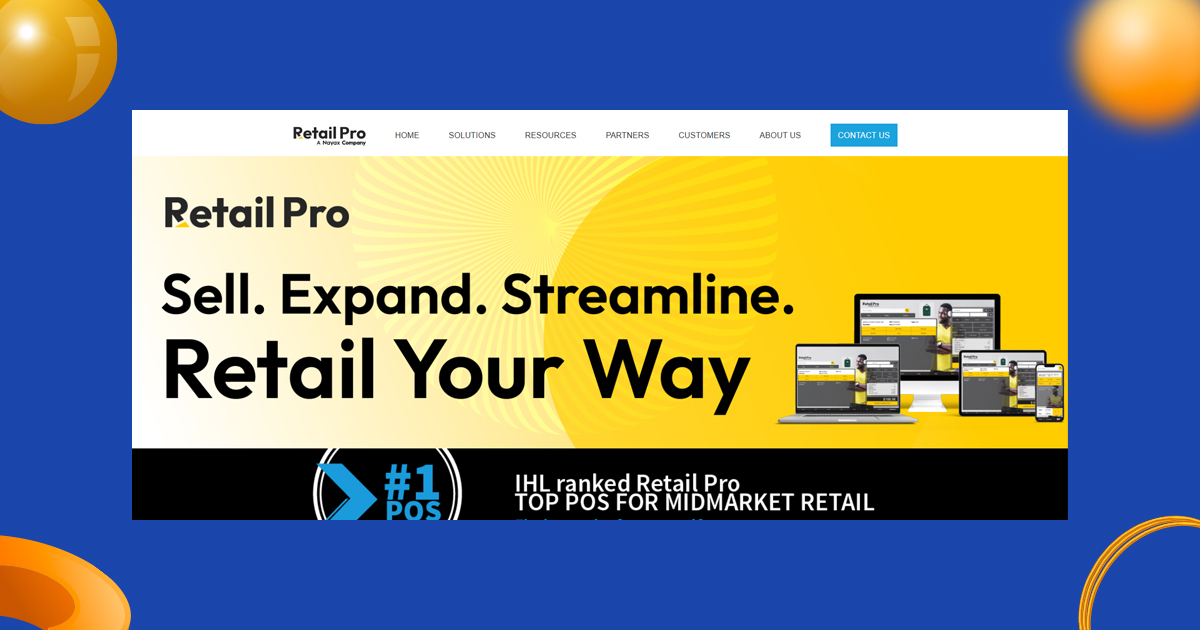
Benefits:
Retail Pro provides deep insight into commercial performance and easily integrates with ERP systems. It is ideal for enterprises seeking global scalability.
Best For: large retail chains and franchises.
11. ERPNext
ERPNEXT is an open-source retail ERP software that provides end-to-end business management from inventory to HR.
Key Features:
- POS and Billing
- Inventory and warehouse management
- Customer and Supplier Management
- Accounting and Human Resource Integration
- Customizable dashboard
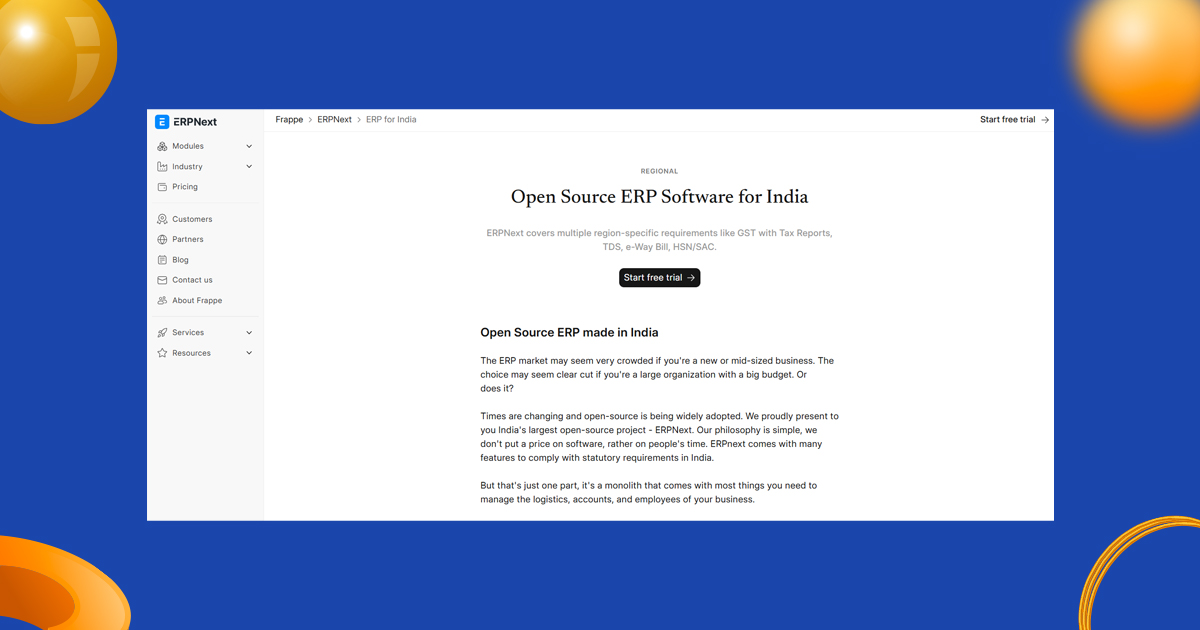
Benefits:
ERPNEXT provides complete transparency and measurement, making it a great option for businesses seeking flexibility and complete control without recurring membership fees.
Best For: Large-scale retailers and enterprises require ERP-level solutions.
12. POS (Point of Sale) Software
A point (POS) system is required for retail businesses – it handles sales, payments, and transaction records, while also managing inventory, employees, and reports.
Top POS Software:
- Square POS: Best for small to medium retailers; Analytics and online store are easy to use with integration.
- LightSpeed retail: ideal for growing store; Provides inventory, customer, and ecommerce management.
- Shopify POS: Great for online retailers with physical stores; Sync with completely Shopify.
Key Benefits:
- Real-time sales and inventory tracking
- Fast checkout
- Better customer experience
- Practical sales report
13. Inventory Management Software
The inventory is the backbone of any retail business, and manually managing it can lead to overselling or stockouts. The inventory management software automatically tracks, repayment, and forecasts to keep shelves optimally stocked.
Top Inventory Management Tools:
- TradeGecko (QuickBooks Commerce): Tracks stock, manages suppliers, and automatically reorders.
- Zoho inventory: ideal for small businesses with barcode scanning and shipment tracking.
- Cin7: All-in-one retail integrates ERP inventory, POS, and accounting.
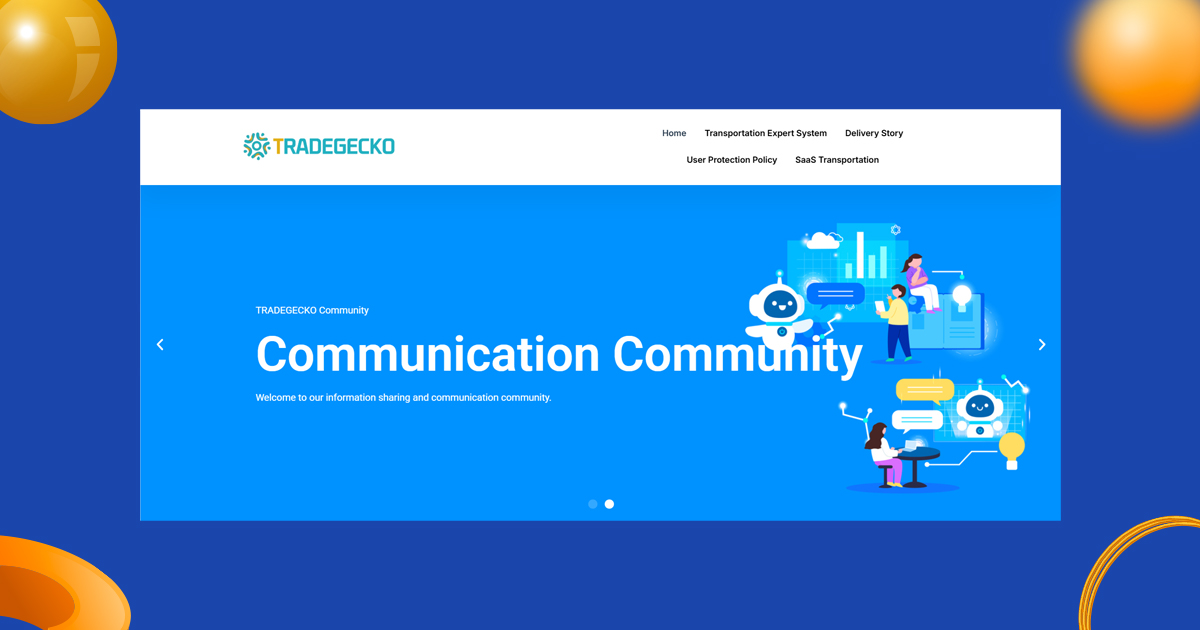
Key Benefits:
- Prevents overstocking and shortages
- Supply improves chain efficiency
- Tracks stock in real time
- Detailed reports prepared
- Sync inventory in online and offline stores
14. Retail Accounting and Finance Software
Financial management is important for retail success. Retail accounting software automates the bookkeeping method, spending tracking, invoices and tax calculation to save time and reduce errors.
Top Accounting Tools:
- Quickbook: Expenditure for small to moderate-sized businesses simplifies tracking, invoices, and reporting.
- Tallyprime: Ideal for GST compliance, inventory, and payroll management in India.
- Xero: Cloud-based tool offers easy reconciliation and POS integration.
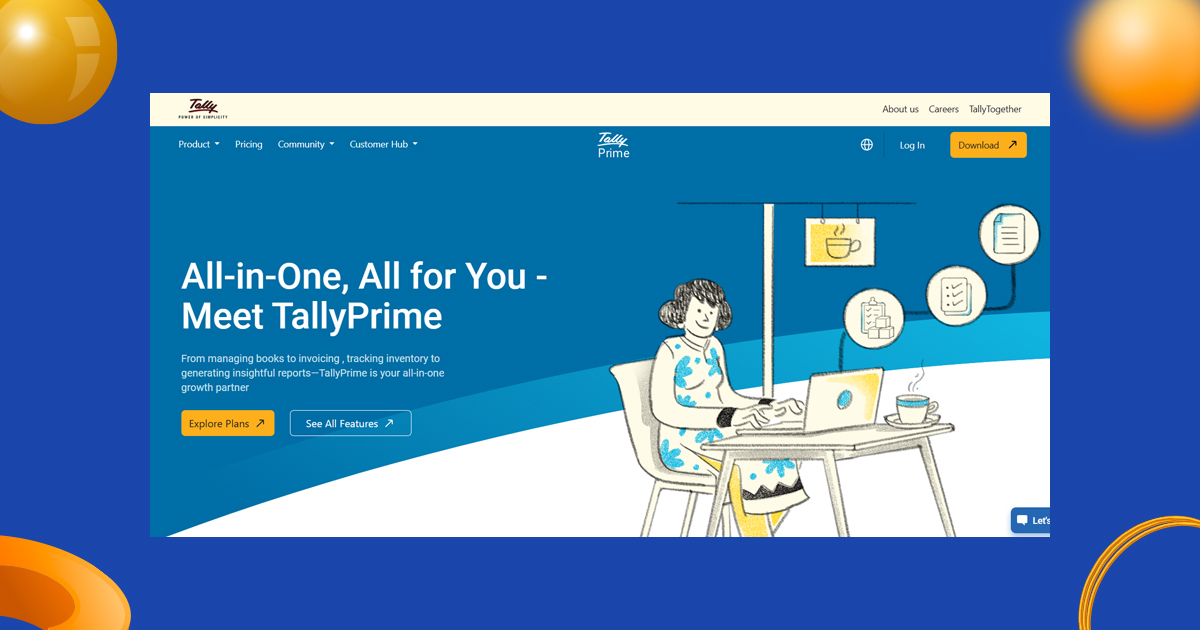
Key Benefits:
- Automatic bookkeeping and reporting
- Tracks income and expenditure
- Ensures tax compliance
- Cash flow provides insight
- Reduces manual errors
15. Customer Relationship Management (CRM) Software
It is important to build strong customer relationships for retail success. CRM software centralises customer data, communication, and loyalty management.
Top CRM Tools:
- Hubspot CRM: free, easy to use, and great for lead tracking and communication.
- Salesforce: Ideal advanced analytics and automation are required for large retailers.
- Zoho CRM: Perfect for small -to -medium-sized stores with sales forecasts and insights.
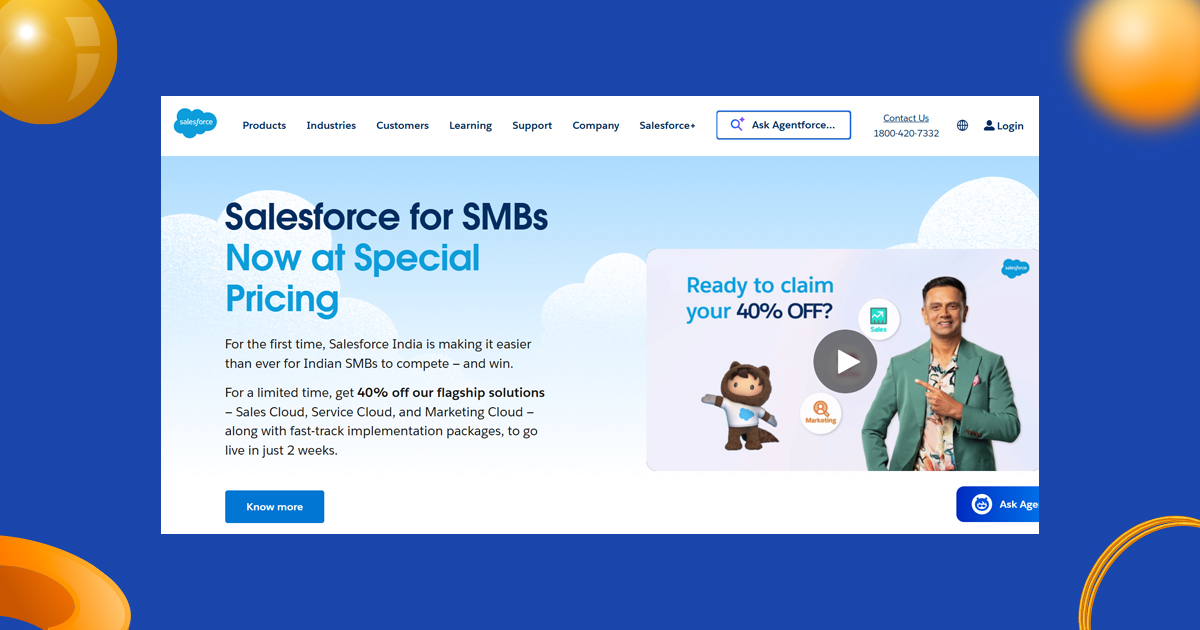
Key Benefits:
- Customer promotes retention and loyalty
- Enables personal marketing
- Track purchase history and engagement
- Increases sales through data-powered insights
16. eCommerce and Omnichannel Software
Modern retail vendors require both online and in-store appearances. Omnichannel retail software unifies sales on all platforms for a spontaneous shopping experience.
Top Omnichannel Tools:
- Shopify: Complete solution for online expansion with payment and logistics.
- Bigcommerce: Scalable e-commerce platform with SEO and Analytics tools.
- WooCommerce: flexible options for WordPress-based retailers.

Key Benefits:
- Customer expands access
- Integrated with social media and marketplace
- Automate the online order
- Customer enhances facility
- Multi-channel sales provide insight
17. Retail Analytics and Reporting Tools
Retail Analytics software converts sales, inventory, and customer data into actionable insights for smarter business decisions.
Top Analytics Tools:
- Tableau: Imagine sales and performance data with interactive dashboards.
- Google Data Studio: Free tools that are easily integrated with POS and CRM systems.
- Looker: Advanced analytics for large retailers handling complex data.
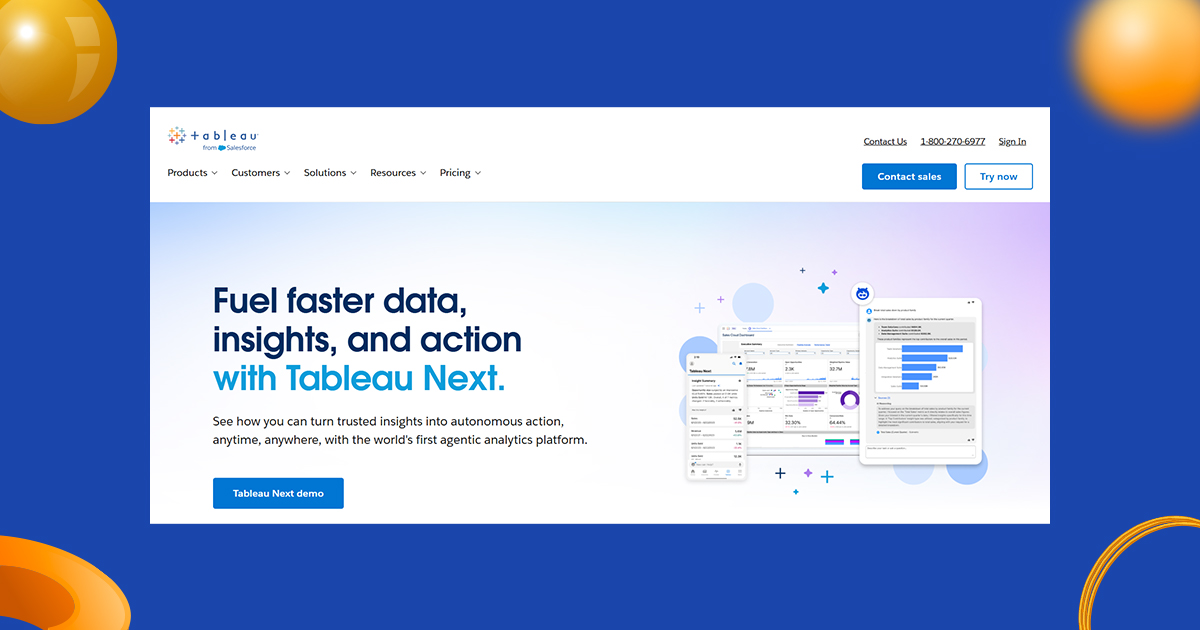
Key Benefits:
- Identify the best performing products and stores
- Forecast demand and trends
- Customs pricing and propagation
- Improves customers’ satisfaction
- Supports strategic plan
18. Employee Management and Scheduling Software
Employee management software streamlines the scheduling, payroll, appearance, and performance tracking for retail teams.
Top Tools:
- Deputy: Shift simplifies scheduling and time-off management.
- BambooHR: HR, payroll, and employee data are efficiently handled.
- When I work: best for small retailers with employees per hour.
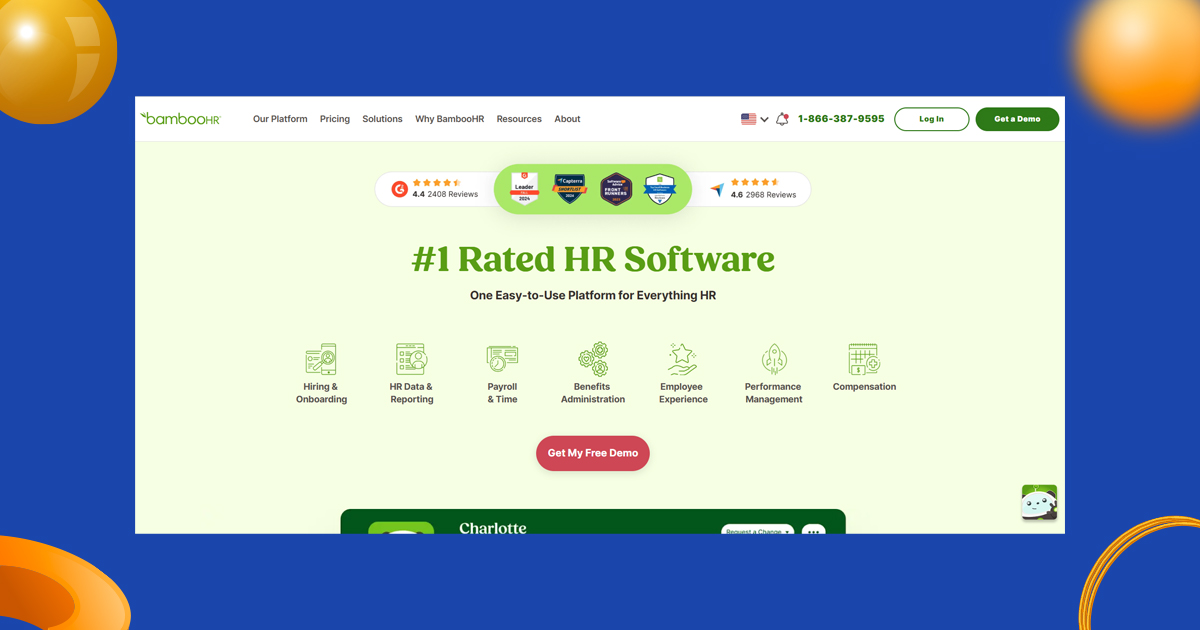
Key Benefits:
- Scheduling prevents conflicts
- Tracks appearance and productivity
- Simples payroll
- Improves the satisfaction of employees
- increases operating efficiency
19. Retail Marketing Automation Tools
Marketing automation tools streamline e-mail campaigns, social media posts, and customer follow-ups to boost engagement.
Top Tools:
- Mailchimp: Automates email advertising and promotions.
- HubSpot Marketing Hub: All-in-one platform with CRM integration.
- Hootsuite: Manages multiple social media channels from one place.
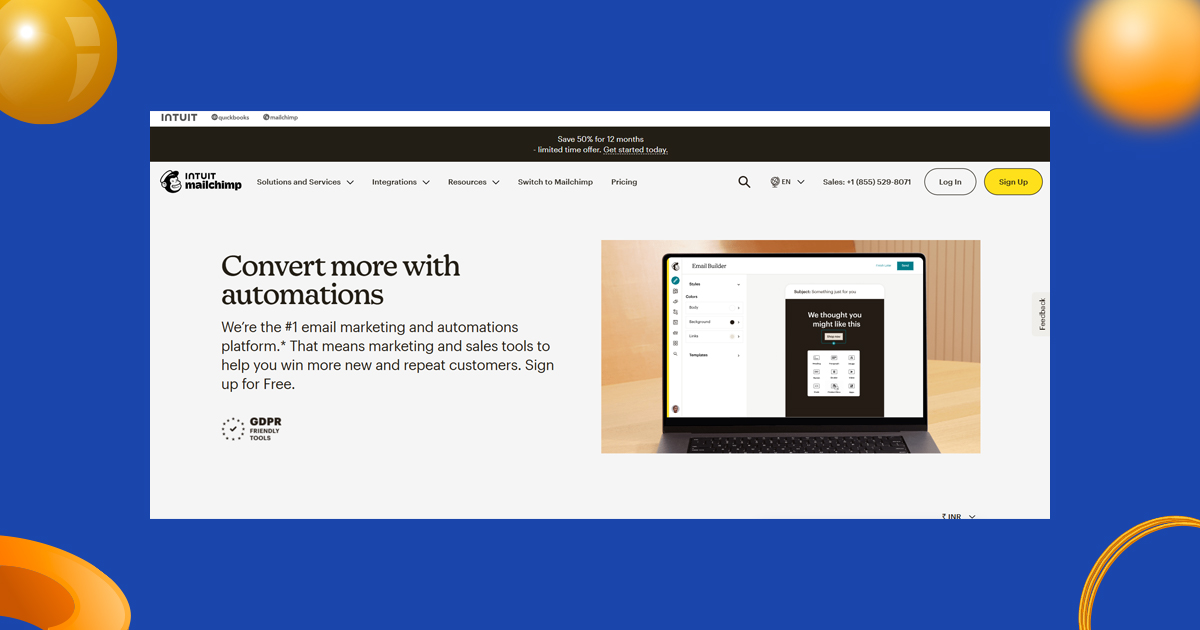
Key Benefits:
- Saves time with automation
- Improves customer targeting
- Boosts marketing campaign ROI
- Strengthens online presence
- Increases engagement
20. Zoho Retail
Zoho offers a complete suite of tools for the management of retail billing, accounting, CRM, and marketing – all in an ecosystem. It is ideal for businesses looking for strength and measurement.
Key Features:
- Sales and purchase management
- Customer relationship management
- Reporting dashboards
- Integration with Zoho Books and Zoho CRM
Best For: Small and medium-sized businesses looking for affordable all-in-one solutions.
21. Oracle Retail
Best For: Large-scale retail enterprises.
Oracle Retail offers a comprehensive suite of solutions for merchandising, supply chain, and customer analytics. It’s ideal for businesses with complex operations.
Key Features:
- End-to-end retail planning
- AI-driven analytics and forecasting
- Price optimisation
- Store execution management
Benefits:
- Enables data-driven decision-making
- Optimises inventory and pricing
- Scales easily for global operations
Key Benefits of Using Retail Software
- Saves Time & Increases Efficiency – Automates billing, stock, and reports for smoother operations.
- Improves Accuracy – Reduces human errors in sales, inventory, and accounting.
- Enhances Customer Experience – Enables quick checkouts, personalised offers, and loyalty rewards.
- Provides Smart Insights – Delivers real-time analytics for better decisions.
- Cuts Operational Costs – Automation reduces manual effort and expenses.
- Supports Scalability – Adapts easily as your business grows.
- Unifies Multi-Channel Sales – Connects online and offline platforms seamlessly.
Choosing the Right Retail Software
Selecting the right retail software is key to optimizing operations and customer experience.
- Identify Business Needs – Choose software suited to your store type and goals, whether POS, inventory, CRM, or ERP.
- Define Must-Have Features – Focus on essentials like barcode printing, BOPIS, multi-currency/tax management, and real-time inventory tracking.
- Check Integrations – Ensure compatibility with tools like QuickBooks, Shopify, WooCommerce, and payment systems for smooth operations.
- Evaluate Costs – Consider total costs, including subscriptions, hardware, and setup — not just upfront pricing.
- Prioritise Ease of Use & Support – Pick user-friendly software with strong customer support and training.
- Choose Cloud-Based Systems – Enables remote access, real-time updates, and secure backups for flexibility.
- Test Before Purchase – Run a trial to assess performance and reliability before full rollout.
- Plan for Scalability – Ensure the software can grow with your business without costly upgrades.
✅ Pro Tip: The best retail software isn’t just feature-rich — it’s the one that fits your workflow, budget, and growth goals perfectly. Take time to test and compare options before making your final decision.
Benefits for store owners (concrete outcomes)
- Faster checkouts & fewer errors — barcode scanning, integrated payments, mobile checkout shorten lines. Capterra
- Lower carrying costs — automated reorder points and forecasting reduce dead stock. Software Testing Help
- Better omnichannel customer experience — unified inventory avoids overselling and supports BOPIS. Shopify
- Data-driven merchandising — reports uncover best sellers, seasonal trends, and margin leaks. Software Testing Help
- Easier compliance & security — PCI-compliant payments, role-based access, cloud backups
How Retail Software Improves Business Efficiency
- Automated Workflows – No more manual stock counting or handwritten invoices. Retail software automates tasks, saving time and reducing errors.
- Centralized Data Management – Manage your entire retail ecosystem—sales, customers, and inventory—from one dashboard.
- Real-Time Insights – Access up-to-the-minute data to monitor performance and adjust strategies on the go.
- Improved Customer Engagement – With CRM integration, you can send personalized offers and loyalty rewards to repeat buyers.
- Seamless Multi-Channel Selling – Integrate physical and online stores for consistent inventory, pricing, and customer experiences.
Final Thoughts
In 2025, retail success relies on agility, automation, and smart technology. Investing in the right retail software—like Shopify POS, Lightspeed, or Oracle NetSuite—streamlines operations, improves efficiency, and boosts profitability. By integrating key systems, you gain real-time insights that drive smarter decisions and better customer experiences. Simply put, the right software powers growth and ensures long-term success in today’s competitive retail landscape.
Top FAQs About Retail Software
- Which retail software is best for small businesses?
Square for Retail and Shopify POS are top picks — affordable, easy to use, and great for managing in-store and online sales. - Can retail software manage both online and offline sales?
Yes. Tools like Lightspeed Retail and Shopify POS sync inventory, sales, and customers across all channels for seamless management. - Is cloud-based retail software better?
Yes. It offers real-time access, automatic updates, remote control, and easy scalability — perfect for growing retailers. - How much does retail software cost?
Plans typically range from $30 to $100/month for small businesses. Enterprise tools like Retail Pro or Oracle NetSuite cost more. - How does retail software improve efficiency and sales?
It automates billing, inventory, and reporting, reduces errors, speeds checkout, and provides insights that boost sales and satisfaction. - What features should I look for?
Look for a POS system, inventory management, CRM, reporting tools, and integration with eCommerce and accounting platforms.

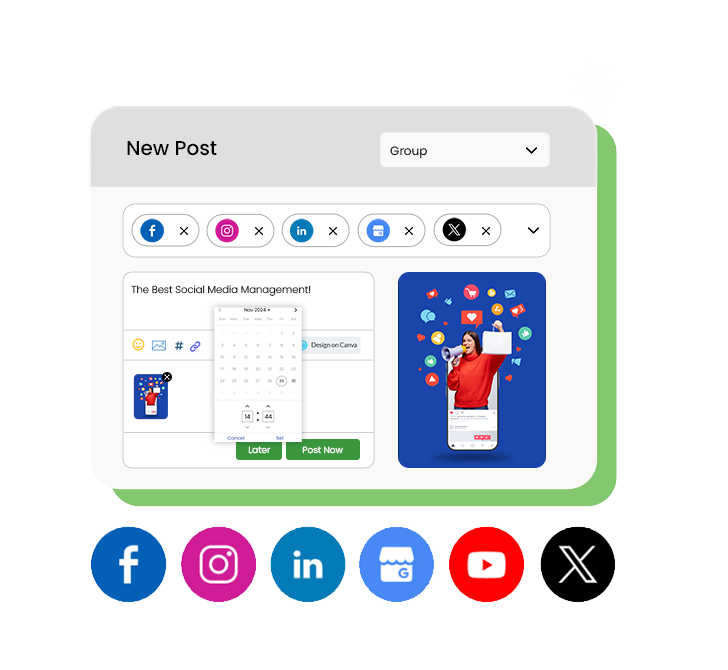
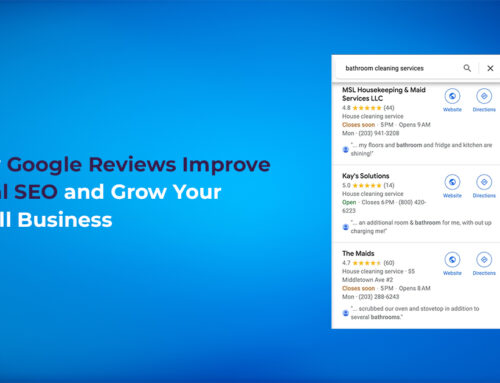
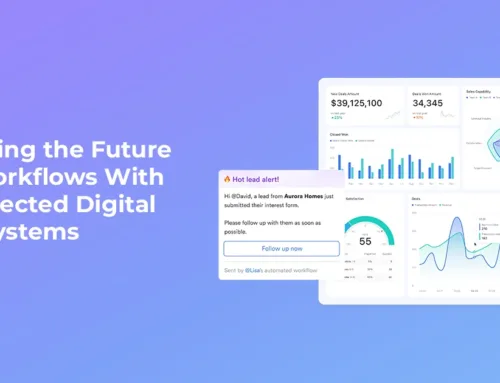
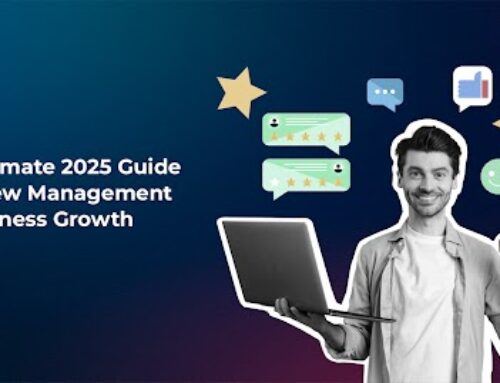
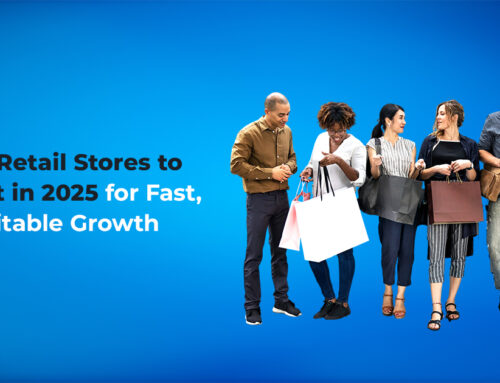

Leave A Comment